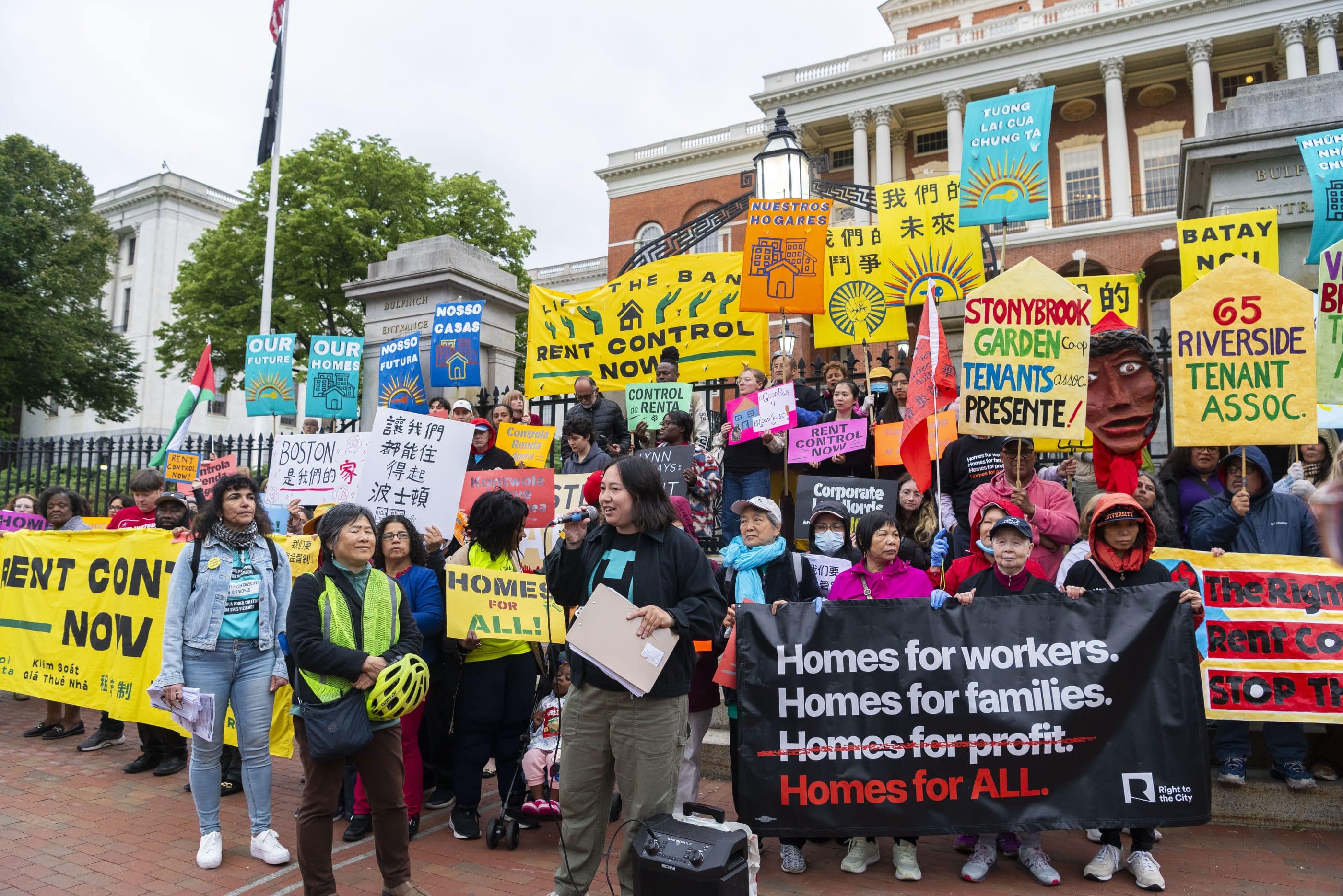Thanks to the National Housing Conference’s Sharon Price for passing this info on only moments after the U.S. House of Representatives passed HR 4173, better known as the Wall Street Reform and Consumer Protection Act of 2009. It looks as though concerns that additional Neighborhood Stabilization Funding would not be included in the bill were quelled as the House included $1 billion for a third round of the NSP, using the same language that had once been removed from the Main Street TARP Act of 2009.
The amendment, according to Price, “provides $1 billion from TARP dividends paid by financial institutions for the Neighborhood Stabilization Program. NSP enables states and local governments to stabilize declining neighborhoods through the rehabilitation and redevelopment of foreclosed and abandoned properties.
Specifically, the amendment uses the NSP2 version of the program, as passed under the American Recovery and Reinvestment Act of 2009, but for the following changes:
- Funds may be expended until September 30, 2013.
Waives the requirement that 50 percent of funds be expended in 2 years, 100 percent in 3 years.
- Waives the requirement that grantee use funds within 18 months of receipt.
- Prevents the Secretary from using up to 10% of funds for capacity building.
- Distributes funds based on the formula allocation of the Housing and Economic Recovery Act of 2008.
- Requires that the formula be established within 30 days of enactment.
- Waives the requirement that each state receive at least 0.5 percent of total funds.
- Establishes that no minimum grant size be established for states, but that a minimum grant size of $1 million be established for cities and counties receiving funds.
- Expands the definition of “state” to include DC, Puerto Rico, and territories.
For more on the Wall Street Reform and Consumer Protection Act of 2009, click here.




Comments